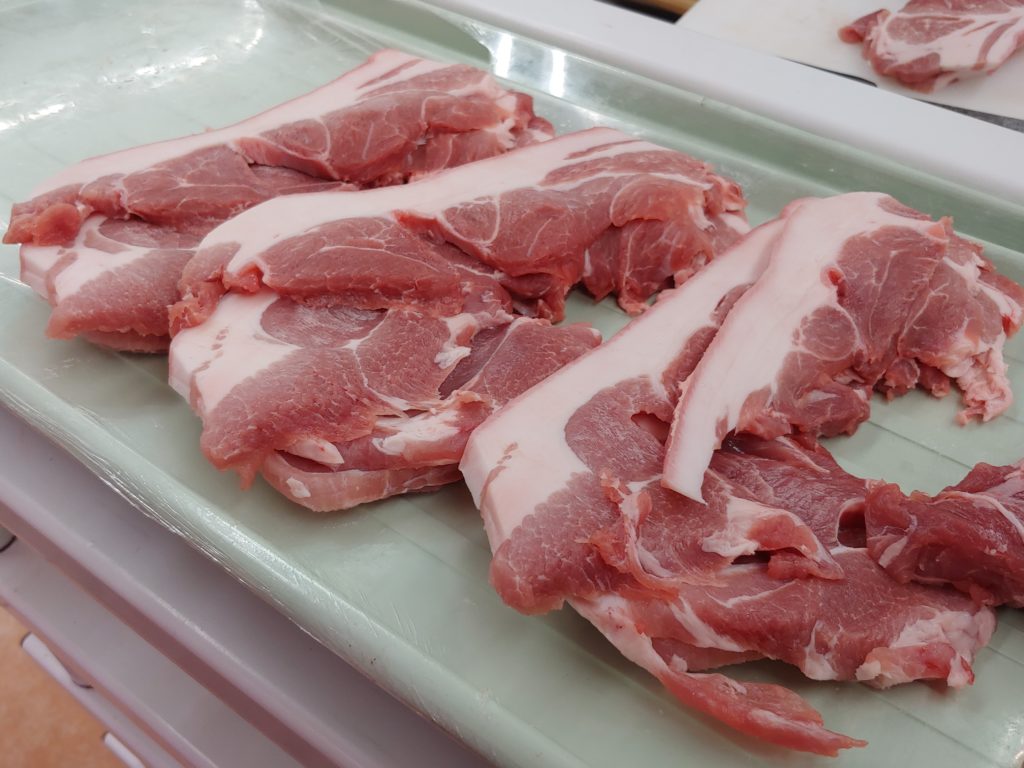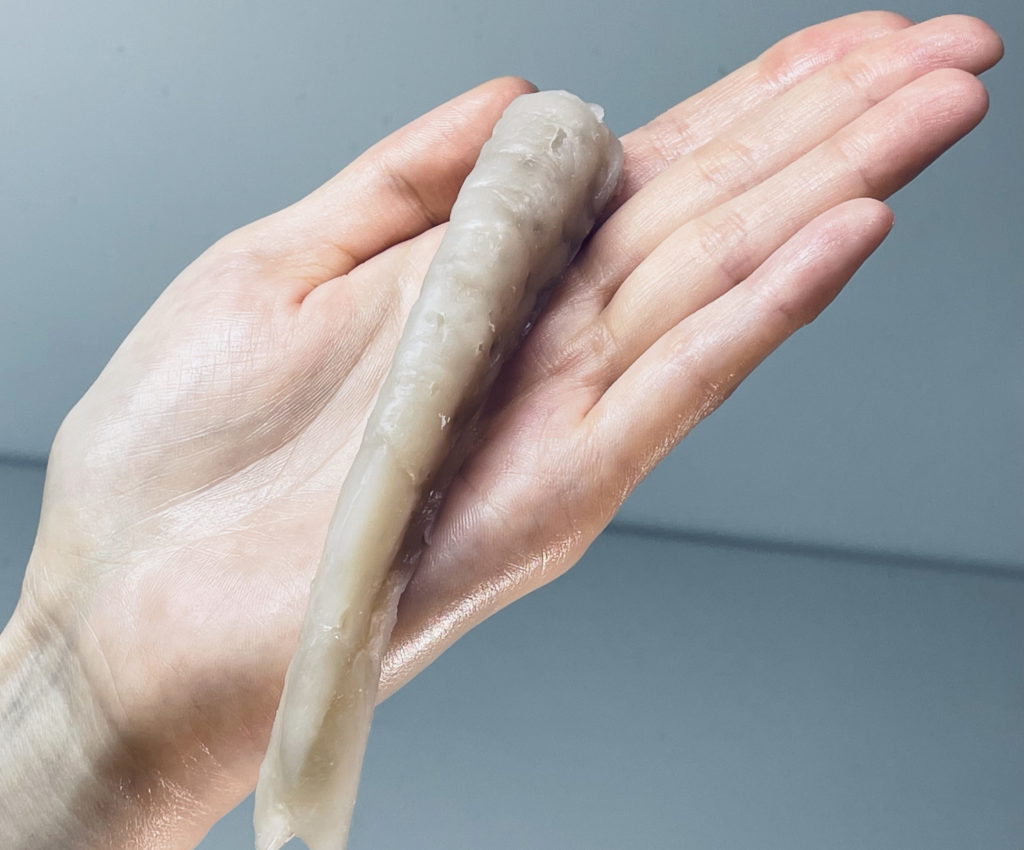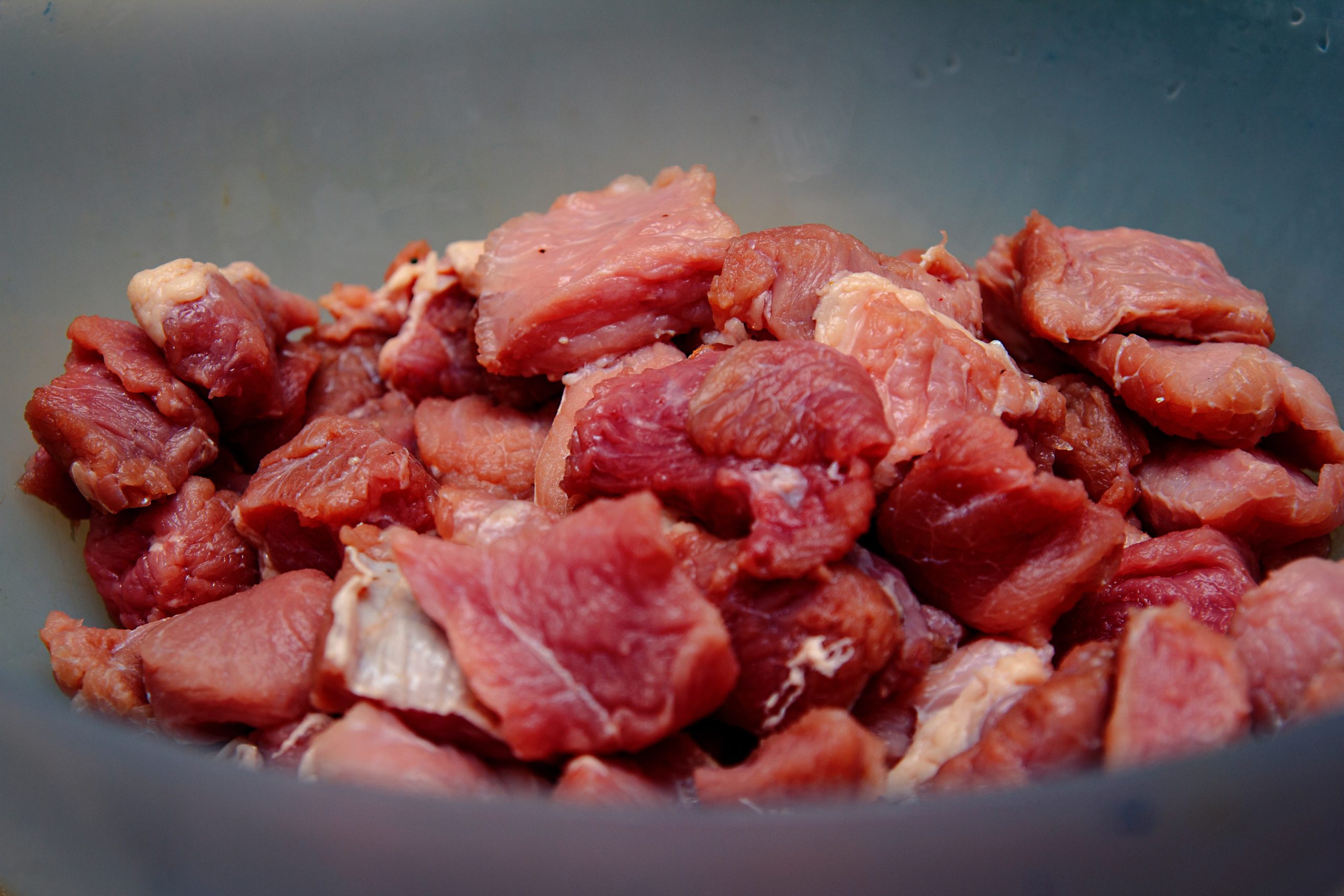3 Mins Read
South Korean startup DaNAgreen has bagged ₩8 billion (approx. US$6.7 million). The R&D company announced the news at the end of 2021. Lotte Ventures, Timewise Investment and Pathfinder H all participated in the Series A investment round. Closure brings total funding to ₩10 billion within four years.
The Series A money will be used to build an automated production system. This will allow for future scaled manufacturing. Full commercialisation of DaNAgreen’s cultivated meat is slated for 2024. The company claims to have already created a cost-effective plant-based scaffolding system. It is now actively seeking to drive down the costs of culture mediums, while replacing Fetal Bovine Serum.

Investing in the future
DaNAgreen was able to secure funding because of its specialist tissue knowledge. “The investment point was the fact that DaNAgreen is developing cultured meat using its own tissue engineering technology,” Hyoseb Kim of Timewise Investment said in a statement. “We made the investment with the expectation that we will be the fastest to enter the market among other cultured meat startups.”
The startup uses a hybrid cultivated meat methodology. Muscle and surrounding cells are extracted from animals (cows, chickens, and pigs)before being added to a 3D plant-based protein scaffold. This allows the cells to grow into tissue.
“Unlike the existing hybrid products, that is, products manufactured by mixing undifferentiated animal cells with plant-based alternative meat, DaNAgreen’s cultured meat is a method that differentiates cells into muscle tissue in three dimensions and cultivates them, so the texture is akin to that of real meat,” CEO Ki Woo said in a company release. “Also, as it is based on plant scaffold, it possesses the advantage of being able to quickly respond to commercialisation. We are aiming to commercialise the product in 2024.”
DaNAgreen claims that its scaffolding solution has reached globally competitive costing. This will be brought down further, once the automated production facilities are completed. The company is now focussed on culture medium pricing.
“We are striving to complete the development of technology that can replace Fetal Bovine Serum (FBS) at low cost by using only food-grade ingredients. We expect that the final production cost of cultured meat will drop from 1.5 million won per kg to 30,000 won per kg in 2023 and to 17,000 won in 2025,” said Woo.

Making cultivated meat a reality
South Korea’s cultivated meat sector is developing quickly and in line with sector needs. Companies are focussing on creating cost-effective components and realised food products. CellMEAT has made waves in both areas.
Early last December, it was announced that CellMEAT had successfully developed an FBS-free culture media. The news came just one day ahead of the U.S.’s Upside Foods claiming success in the same sector. CellMEAT’s reveal represented a significant breakthrough that would allow for 100 percent ethically produced cultivated meat. The company noted that it could help South Korea’s industry to compete with the U.S. and Isreal, both of which are well-funded. One week after unveiling its FBS-free medium, CellMEAT made the news again by debuting the world’s first cultivated Dokdo shrimp.
South Korea’s SeaWith revealed ambitious commercial rollout targets last year. The cultivated meat startup is scaling up to be in a position to supply a pilot restaurant by the end of this year. If successful, wider commercial launch is planned, pending regulatory approval.
Lead image courtesy of Unsplash.




